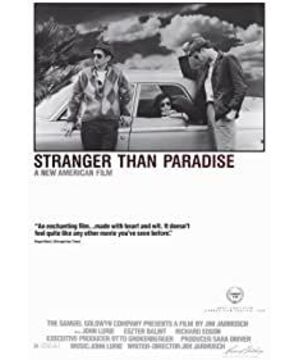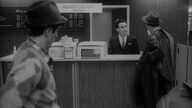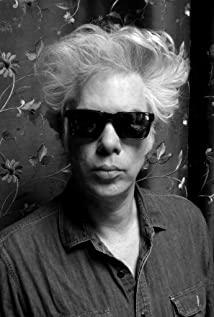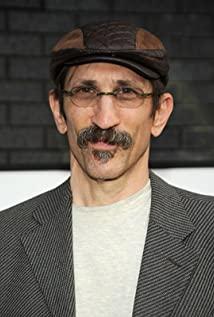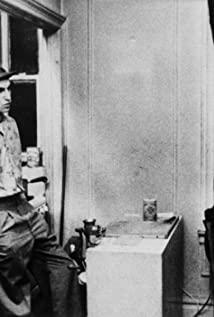In the film, life has no purpose. The three characters and even their aunts are in a free life state, which is passive, passive, and powerless. For the first encounter, the two's attitudes were absent-minded and even initially hostile. The conversation in a few words is not marginal and full of indifferent self-centeredness. Later, the woman took the initiative to buy a fast food package for the man, which made the viewer think that the characters were trying to change their relationship with each other, but this hypothesis was shattered when the woman threw away the skirt given by the man. In the final analysis, the relationship between people remained stuck. On the basic level of a woman staying at a man’s house and then leaving.
For the man and his friends, this relationship still exists. Gambling in partnership, drinking beer together, there is hardly anything to say except for that. The two of them sat awkwardly in the dim light, sipping their beer from time to time to make a little noise.
Later, the two went to Cleveland to find a woman. The plot is still the same as the previous incident. This is just a way to kill time. It starts from the self. After all, the space in which the two lives is only so cramped, and Cleveland is the case. The only place a man can "look at other things" in his mouth. Standing in the snow in Cleveland, my friend expressed a deeper sorrow with just one sentence: We wanted to see other things, but how do I feel the same?
In the later trip to Florida, the three were each closed in their own world, everything was equally aimless, and it was not worth the effort to improve—or worse—it could not be improved at all. The last Florida was sadly simplified to smoking, dog racing, and a welcome to Florida poster on the side of the road.
So the ending couldn't be better. The three of them parted ways by mistake. But who caused this misunderstanding? The nihilistic Jamusch told us: Men want to get on the plane to find a woman, but in fact one cannot change the trajectory of the other person—the woman has already returned to the hotel and sat on the sofa sluggishly; what a man can do at this time Only passively accepting the flight to Budapest, and leaving his partner watching the take-off plane absent-mindedly said: Oh, Weili, why are you flying to Budapest.
Just like this, life is nothingness, there is no purpose, and there is no human intervention.
Director Jia Muxu is very clever to deal with this state of nothingness with black and white images. Only pure black and white can express the essence of life, that is, the essence of nihilism in the eyes of Jamusch. The horizontal communication barriers between the characters in the film project this nihilistic pessimism into everyone's life.
View more about Stranger Than Paradise reviews


